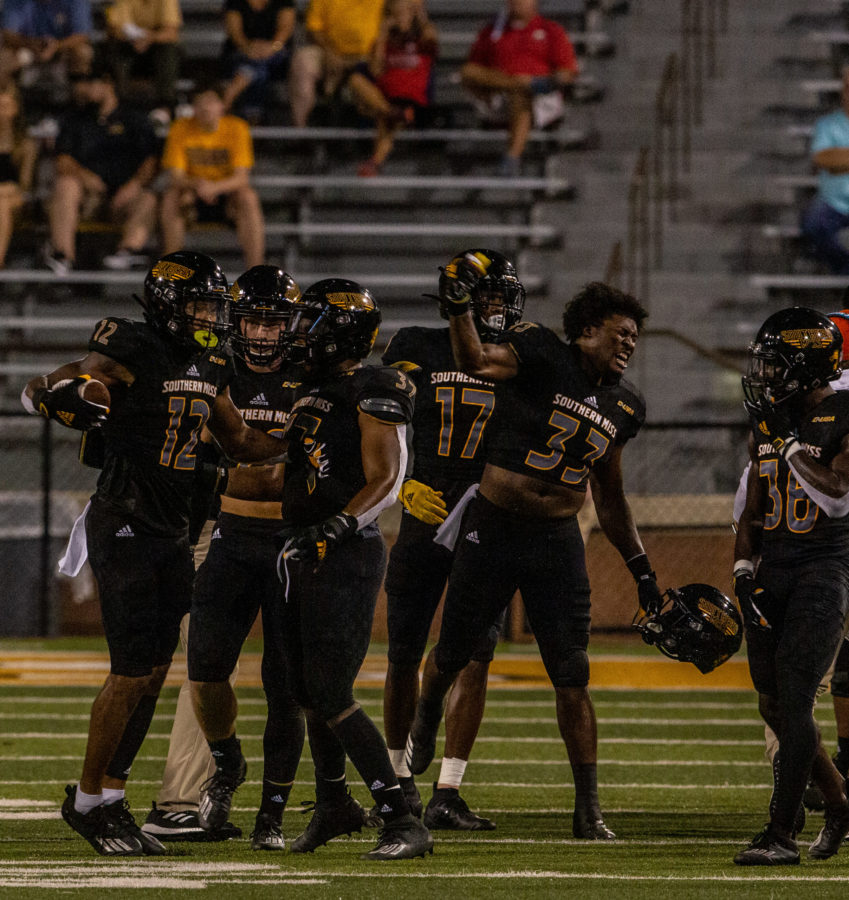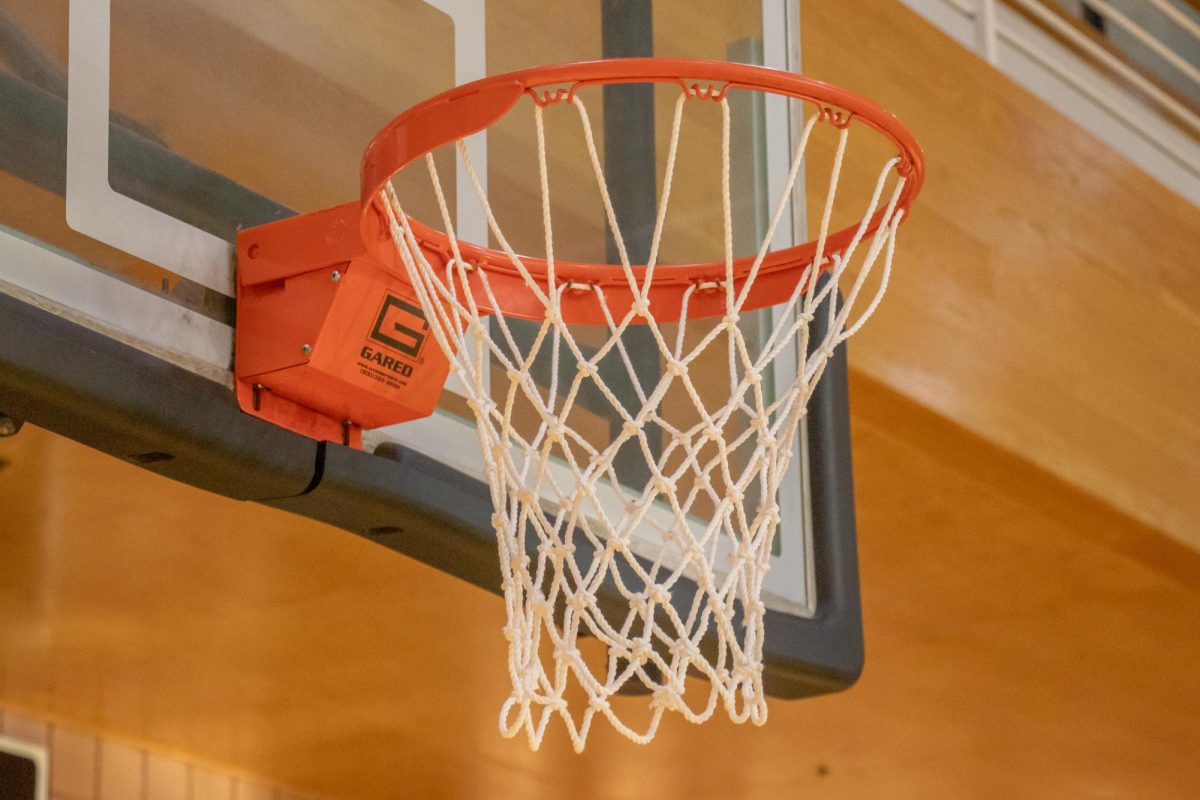While some college conferences have postponed their fall sports seasons due to the threats of COVID-19, others have decided to continue play. Those conferences now must monitor for Myocarditis, a rare heart condition that can be caused by COVID-19.
Myocarditis is an inflammation of the heart muscle that can be caused by multiple viral illnesses, including COVID-19. However, the frequency of Myocarditis cases caused by COVID-19 has alerted doctors.
Dr. Joshua Blair, a cardiologist at Forrest General Hospital in Hattiesburg, explains his experience with the situation.
“After all the experience we’ve had with patients who are coming into the hospital that are extremely sick, we do notice that there is a higher occurrence of Myocarditis with COVID[-19] than we usually expect,” Blair said.
For athletes, the risk of Myocarditis was listed as one of the main reasons the Big Ten and Pacific-12 Conferences postponed their seasons.
“With inflammation of the heart muscle, it can cause a weakening and enlargement of the heart,” Blair said. “That can make a person prone to congestive heart failure and arrhythmias and what’s feared in sports is sudden cardiac death.”
According to “The Myocarditis Foundation”, Myocarditis accounts for 5-22% of sudden cardiac deaths in athletes below the age of 35.
Blair wanted to make it known that despite the serious implications of the condition, it is not a common complication caused by the virus.
“This is a very rare complication of COVID and it’s actually even rarer in young people,” Blair said. “That doesn’t exclude that it can’t happen […] it is possible, but it’s rare.”
Still, Blair has been working with Southern Miss to ensure that athletes will not develop the condition. Director of Athletics Jeremy McClain says the department has been monitoring the situation since activities resumed in the summer. Now, McClain says that there is also a mandated Conference USA protocol to conduct cardiovascular tests on players who had the virus before they return to play.
“Any of our student-athletes who tested positive through antibodies, meaning they have had the virus at some point throughout the year […] or someone who had tested positive since they’ve been back with us, they’ve been required to go through cardiovascular testing before they’ve been able to return to play,” McClain said.
Blair says that the training staff at Southern Miss is trained to do Electrocardiogram (EKG) tests themselves. They then send the tracings for Blair to review. The EKG tests allow doctors to see if there are any problems with the subject’s heart.
“You can pick up subtle, structural problems — things like an enlarged heart, a thickened heart,” Blair said. “It’s a good screen tool because it’s cheap, it’s readily available and it takes about 25 seconds to run.”
So far, Blair says there have been no diagnosed cases of Myocarditis in players at Southern Miss, but there have been abnormal readings that they have watched closely.
“The guys that we’ve seen are back to normal activity and we really didn’t feel like we needed to follow up,” Blair said. “They’re very low risk and weren’t having any problems […but] they are being seen day-to-day by the training staff.”
On top of EKG tests, Blair says players who test positive for COVID-19 also have to undergo troponin level tests and Echocardiograms to ensure there are no problems.
As athletes across the country return to play, Blair explains warning symptoms of Myocarditis.
“If you had a player that was having difficulty exerting themselves with significant shortness of breath, having weak spells, maybe a lot of swelling where they’re retaining a lot of fluid, or passing out — all of those are kind of red flags that something else is going on,” Blair said.
Blair says there is a concern for long-term complications in Myocarditis cases, but it is a very low risk in athletes that are properly monitored.
“There’s a very low risk that they’ll develop problems down the road unless they get reinfected for other reasons like an influenza infection or another viral infection on top of that,” Blair said. “Anybody with Myocarditis, we would probably follow long term to evaluate improvement […] and if they don’t, they would certainly be excluded from any athletic participation until we thought they were lower risk.”
Blair says there is “almost just as much risk” of developing Myocarditis with other viral infections, but the extra precautions are to be careful due to the amount that isn’t understood about COVID-19.
“We as doctors and scientists are learning on the fly with this thing,” Blair said. “It does not necessarily follow the patterns of other viral infections. […] [We’re] just learning as we go about this virus.”
































